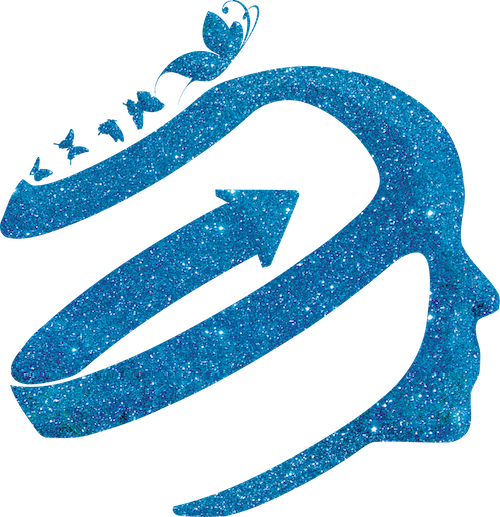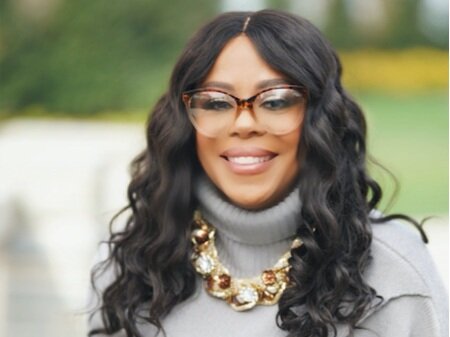COPING WITH SEASONAL DEPRESSION (SEASONAL AFFECTIVE DISORDER)
Seasonal Depression, also known as Seasonal Affective Disorder (SAD) is a depressive disorder that is related to changes in season. For most individuals, SAD occurs during late fall and winter.
What are the causes of Seasonal Depression (Seasonal Affective Disorder)?
Though the direct cause of seasonal depression is unknown, several hypotheses explain possible reasons one may experience this type of depression.
Poor Serotonin Regulation
During the winter months, production of SERT (a protein that is responsible for transporting serotonin) can increase. Higher SERT levels decrease serotonin activity in the brain. Serotonin is one of the chemicals in our brain that contributes to feelings of well-being and happiness. During the summer, the sun aids in keeping SERT levels low.
Hormonal Changes
Changes in season can impact the body’s normal level of melatonin which plays a role in sleep patterns and mood.
What are the symptoms of Seasonal Depression (Seasonal Affective Disorder)?
Some common symptoms include:
Fatigue
Depression
Feeling hopeless, worthless or guilty
Wanting to be alone
Lack of concentration
Having less energy
Experiencing changes in your appetite or weight
Feeling sluggish or agitated
What are some ways to cope with Seasonal Depression (Seasonal Affective Disorder)?
Healthy Eating
As SAD impacts hormone production, monitoring eating habits can help enhance overall mood. It’s important to be mindful of foods that decrease energy and cause weight gain as they can impact self-esteem.
Exercise
Exercise helps activate parts of the brain that aren’t as responsive when you’re feeling depressed. Exercise can increase endorphins that impact our mood. Endorphins interact with the receptors in the brain that aid in reducing our perception of pain. They also promote positive feelings in the body, similar to that of morphine. Physical activity also stimulates our brain to release the mood-regulating chemicals dopamine, norepinephrine, and serotonin.
SAD Lamp
These are lamps that you can have at home and are designed as a form of light therapy to help alleviate SAD. The bright light hits the retina and sends nerve signals to the brain. This affects the chemical and hormone levels and improves mood.
Getting Outside
It’s often recommended that people with SAD get outside early in the morning to soak up as much natural sunlight as possible.
Vitamin D
One popular method for treating SAD is vitamin D supplements. You can get vitamin D naturally from your diet and sunlight. However, in winter it’s a lot harder to get as much vitamin D from the sun as we need. It’s believed that vitamin D can help with symptoms including lack of motivation, changes in sleep patterns, increased irritability, and feelings of hopelessness and sadness.
Psychiatric Medication
Talking to a psychiatrist about possible medications that could help regulate depression may be beneficial. It isn't uncommon for individuals to take medications as additional support when challenged with depression. Many wonder if they will have to take antidepressants forever, and though some people may benefit from taking medications long term, for others it may not be necessary. Talk to your psychiatrist about a plan for medication that will help you combat seasonal depression.
There are lots of ways you can treat SAD yourself at home, however, sometimes it may not be enough and you might need extra support. If you find yourself feeling down for extended periods and you can't get motivated to do activities you normally enjoy, then it’s worth reaching out for help. Therapy can also help you learn skills to cope with feelings of depression, hopeless and sadness as well as giving you a space to talk about how you are feeling.
Miyume McKinley LCSW is a Psychotherapist based in Los Angeles, California. After graduating from XULA, Miyume founded her inclusive practice Epiphany Counseling. She is also the host of Epiphany Radio and founder of The Healing & Hope Foundation.


